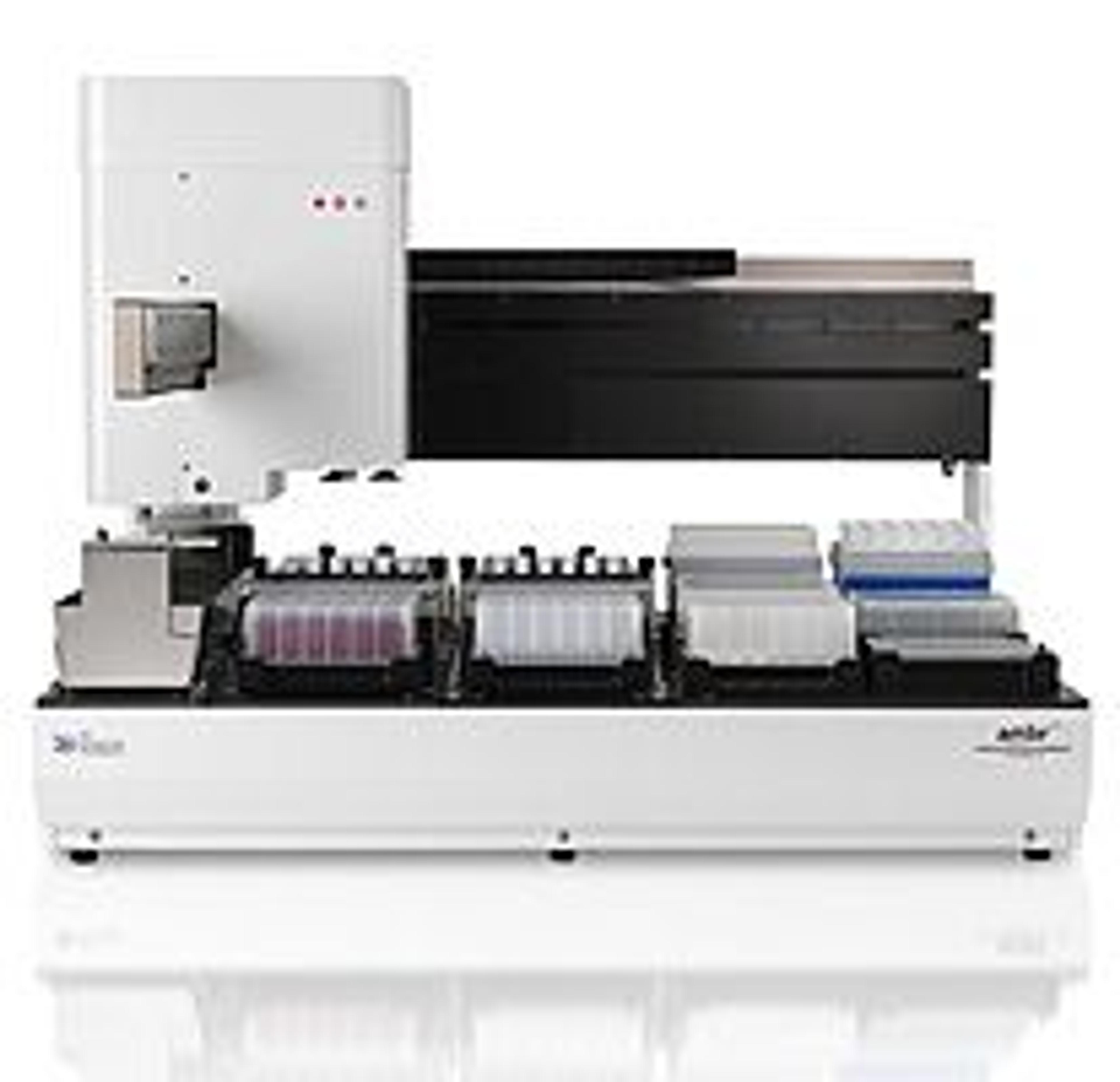TAP Biosystems to Introduce New Scalable Bioreactor System at SIMB
7 Aug 2012TAP Biosystems, a leading supplier of innovative culture systems and consumables for life science applications, today announced it is launching the ambr 250™, a new automated bioreactor system for parallel fermentation on Booth 27 at the Society for Industrial Microbiology and Biotechnology (SIMB) Meeting on August 12-16 in Washington.
The ambr 250 is a new automated bioreactor system for parallel fermentation or cell culture, using single-use 250 mL bioreactors controlled by an automated workstation. The system, developed with two major industrial partners, builds on TAP’s innovative micro bioreactor technology, adding increased fermentation volumes, as well as individual bioreactor temperature and impeller control. This allows rapid testing of a range of conditions and microbial strains to select the optimum ones for efficient scale-up to large scale bench top, stirred tank bioreactors.
The ambr 250 workstation uses novel single-use bioreactors (100-250 mL working volume) including versions suitable for fermentation or cell culture. The microbial bioreactors, which are independently controlled have a cap for automated sampling and include baffles, a dual Rushton impeller, as well as all gas (O2, air, N2), liquid and sensor connections. This makes them ideal for use in assessing different fermentation parameters with production microbes such as E.coli, Pichia pastoris and Aspergillus.
For Microbiologists wanting to find out more technical details about the ambr 250 during SIMB, Dr Richard Wales, Fermentation Programme Director at TAP, will be giving a presentation, which includes proof-of-concept fermentation data on Monday, August 13, at 12:05 PM-12:15 PM in Meeting Room 1 at the Columbia Hall.
Dr Richard Wales, Fermentation Programme Director at TAP explained: "Studying microbial cultures at lab scale is often challenging due to their complex gassing and temperature requirements. We are delighted to have been working with two major industrial partners to develop the ambr 250 as a solution to this issue. The system mimics the physical characteristics of a classical bioreactor, providing an excellent environment to support even the most demanding microbial fermentation.”
Wales added: “The ambr 250 could be used for strain selection in for example, production of biopharmaceutical proteins or industrial products and we look forward to discussing our exciting data at SIMB with microbiologists looking for a rational approach to significantly improving the productivity of their fermentation processes.”

